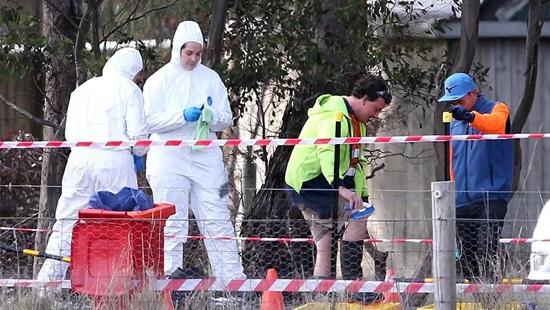Reply To:
Name - Reply Comment

Woolworths is limiting how many cartons of eggs customers can buy per shop as strains of avian flu continue to spread across Australia, now having been detected at a total of 11 properties along the east cost.
The supermarket giant announced Thursday it is "expecting a short-term delay" in stock, one month after rival Coles released a similar statement, as supplies across Victoria, NSW and the ACT are impacted by the spread of the disease and subsequent culling.
Speaking to Yahoo News Australia, a Woolworths spokesperson said stock "from one of our egg suppliers" had been impacted across the three jurisdictions "due to the temporary closure of one of their packing sheds."
"Their supply is expected to recover over the next week as they ramp up operations at their other sites," the spokesperson added. "As a precaution to help manage this stock delay, we’re introducing a two-pack purchase limit on eggs in NSW, ACT and Victoria."
The limit comes after bird flu was detected at an eighth Victorian farm on Tuesday, and as ACT authorities investigate a suspected outbreak on a commercial egg farm in Canberra. There are currently two known outbreaks in NSW.
"The ACT commercial egg farm has been locked down with no products, eggs, and machinery allowed in or out, and the site's hens will need to be depopulated," NSW Agriculture Minister Tara Moriarty said in a statement this week.
So far more than one million chickens had been destroyed nationally to limit the spread of the disease.
While the impacts of the virus have proved devastating for Australian poultry farms, experts have said Australians shouldn't worry about it from a public health perspective — at least not yet.
Speaking to Yahoo News Australia, Professor Enzo Palombo, food health and safety expert at Swinburne University, said "there's no need to panic" and "no real sense that anything significant is happening locally which we should be concerned about" for now.
However there is growing evidence to suggest the virus "could come across to humans more readily and cause problems", which "could end up being the start of the next pandemic". He said "the real concern from a public health point of view" will be if "what's happening in the US with [spread to] mammals" occurs on home soil.
"I don't believe it constitutes a major public health threat here yet, but I think what's most concerning is what's happening in the US with the dairy cattle, there have been documented transmissions from cattle to humans, most likely through milk," he said.
